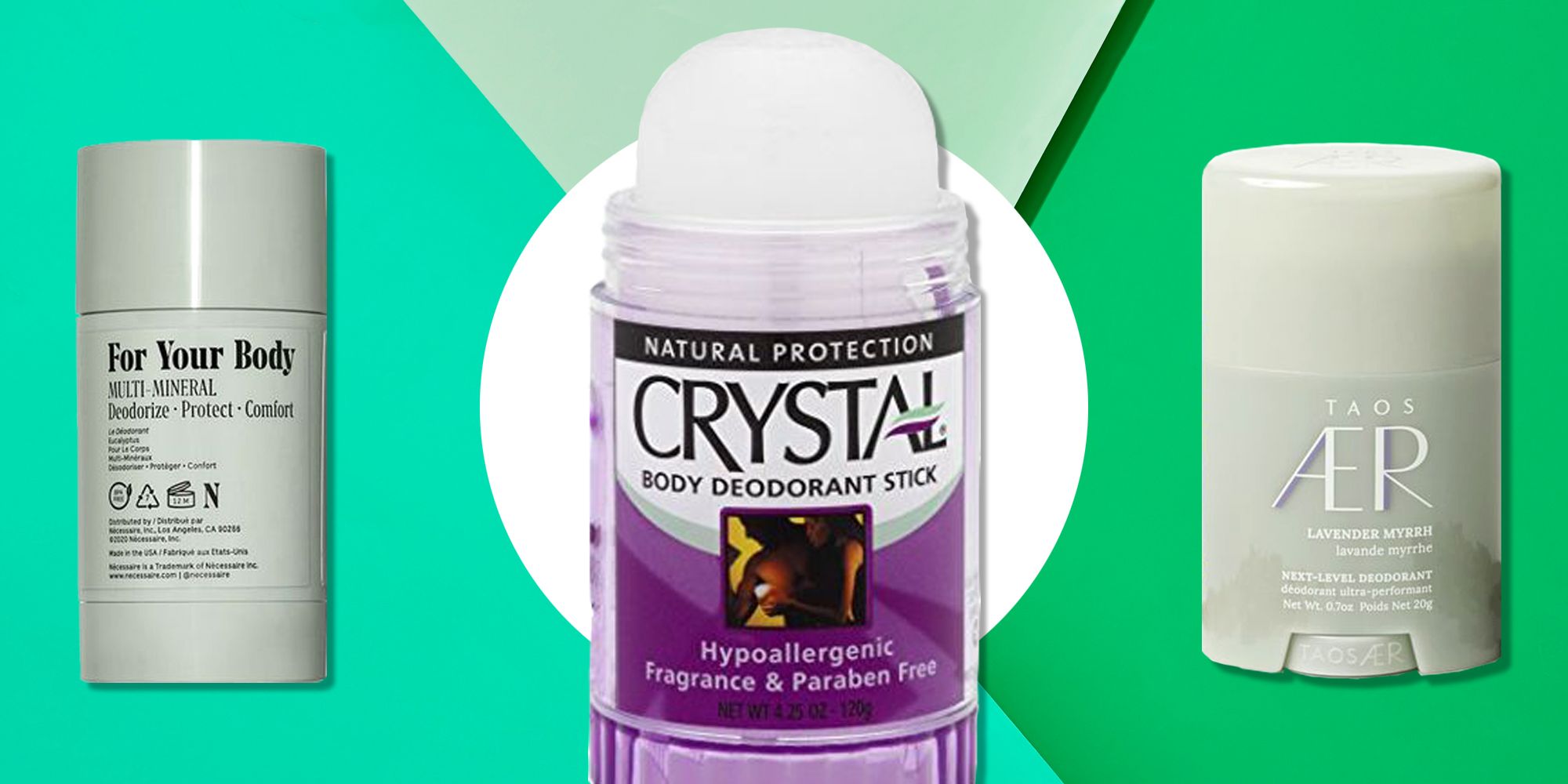If Your Armpits Suddenly Smell Worse Than Normal, Your Diet Could Be To Blame
Look, we’ve all had the dreaded pitting out experience—whether during a toasty workout class or on a hot, humid day. Sweaty armpits are never exactly fun, but the situation gets even worse if you’re dealing with B.O. as well. There’s plenty you can do to avoid sweaty, stinky armpits, but first, know that both are totally normal (in most cases—more on that below).
Smelly armpits typically aren’t cause for concern, says dermatologist Joshua Zeichner, MD. “We sweat to help maintain our core body temperature,” he explains. “Sweat glands are stimulated by our nerves in response to hot weather, emotional stress, or strenuous activity.”
Still, it’s not ideal to suddenly start sweating when something stresses you out (like—gasp!—a date), so if you do want to help prevent excessive sweat and the occasional body odor that accompanies it, here’s what you should know.
What causes smelly armpits?
“Sweat is actually generally odorless,” explains Dr. Zeichner. “But when sweat is broken down by bacteria on the skin, it can cause a foul odor.”
Essentially, there are two different types of sweat glands on your skin: eccrine and apocrine. Eccrine glands are found almost all over the body, and usually release clear, odorless fluid that quickly evaporates off the surface of the skin.

Apocrine glands, on the other hand, are found in areas of the body that contain high levels of hair follicles, like your groin and pits. These glands essentially enter into the hair follicle, and then release the sweat out of the body.
It’s believed that when these glands secrete sweat that then mixes with bacteria on the follicles, your sweat starts to smell. “It is thought that apocrine glands are primarily responsible for stress-related sweat,” explains Dr. Zeichner. “In some cases, our nerves and sweat glands become overstimulated, producing more sweat than is needed. This condition is known as hyperhidrosis.”
Hyperhidrosis is mostly genetic, but sometimes, medication or hormone changes (such as those that happen during menopause) can cause hyperhidrosis to show up when you’re older.
Okay, but why do my armpits smell worse than normal all of a sudden?
If you previously found that your pits didn’t smell but suddenly do (um, thanks body), it’s probably not entirely random…and one of three things could be happening.
1. You changed your diet.
“By eating high levels of certain foods, such as cruciferous vegetables, the odor of sweat may be altered,” says Dr. Zeichner. This is because these kinds of sulfurous foods (garlic is another one) contain compounds your body can’t entirely break down. So, the metabolic processes release what is known as volatile compounds (otherwise known as VOCs), which then evaporate off the body by releasing an odor.

2. You’re way more stressed than usual.
Another common cause of body odor is stress, because when you stress excessively, your apocrine glands switch on, and this excess sweat on the body can lead to odor.
3. You’ve developed a medical condition.
Medical conditions can also cause sweat, though it’s rarer. For instance, a genetic condition called trimethylaminuria leaves the body incapable of breaking down compounds found in fish, soy, and cruciferous vegetables, leading to a fishy smell. Medical conditions like kidney failure, liver disease, and diabetes can also cause certain smells.
“Odor depends on the various types of bacteria found on the skin, along with the different types of food you are eating,” says Dr. Zeichner. So, if you find your sweat switching from smelling like ammonia to smelling like fish, for instance, it could be due to different foods triggering different effects while mixing with the bacteria on your body.
How can you prevent smelly armpits?
Prevention may be easier than an actual cure. For instance, avoid foods that you know will trigger sweat (like spicy ones), try meditation or other forms of stress-reducing activities, and make sure to wash up regularly and use deodorant.
How do you *treat* smelly armpits?
If those preventative tactics don’t do much to change your sweat and smell sitch, there are some other measures you can take. First, you can bring in the antiperspirant big guns. “Clinical strength antiperspirants are products that contain ultra-high levels of aluminum salts,” says Dr. Zeichner. “They form a plug within the sweat gland to prevent it from reaching the surface of the skin.”
Another option? Qbrexza, a topically applied prescription strength antiperspirant wipe. “These contain an ingredient that actually decreases the amount of sweat, rather than just preventing it from reaching the surface of the skin,” says Dr. Zeichner.

It might seem strange, but botox is another way to reduce how much you sweat. The injections are even FDA-approved to treat underarm sweating. “Botox prevents the nerve signal from reaching and stimulating the sweat gland to begin with,” he explains, so you basically stop sweating in the area that’s been injected.
However, each injection only lasts a few months, so you’ll have to keep repeating them if you’re looking for a permanent solution. If you’re looking for something long lasting, miraDry could be worth exploring. It’s is a non-surgical, FDA-approved procedure that works to destroy your sweat glands by using thermal energy.
Is it worth seeing a doctor for really smelly armpits?
Usually, light body odor isn’t a cause for concern, but in some cases, you may want to see a professional. “If your odor has suddenly changed and nothing has changed in your stress levels or diet, you may be dealing with an undiagnosed medical condition,” says Dr. Zeichner. “It could also be a hormonal change, and you could need treatment.”
In addition, if you’re sweating profusely all the time and OTC options just aren’t helping, you should make sure to check with your doctor, who may be able to give you some prescription-based medication to help cut down on the moisture.
Source: Read Full Article
